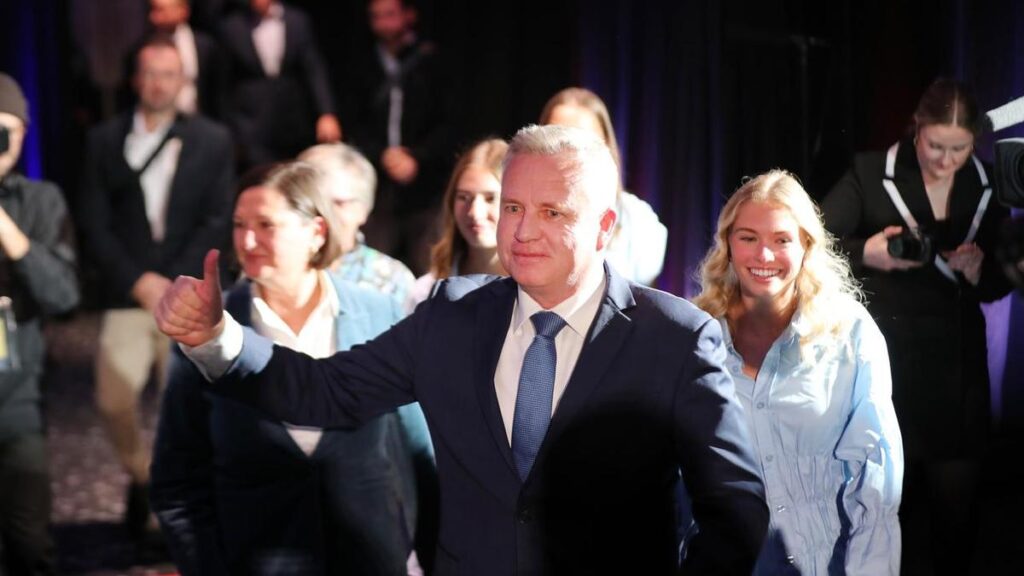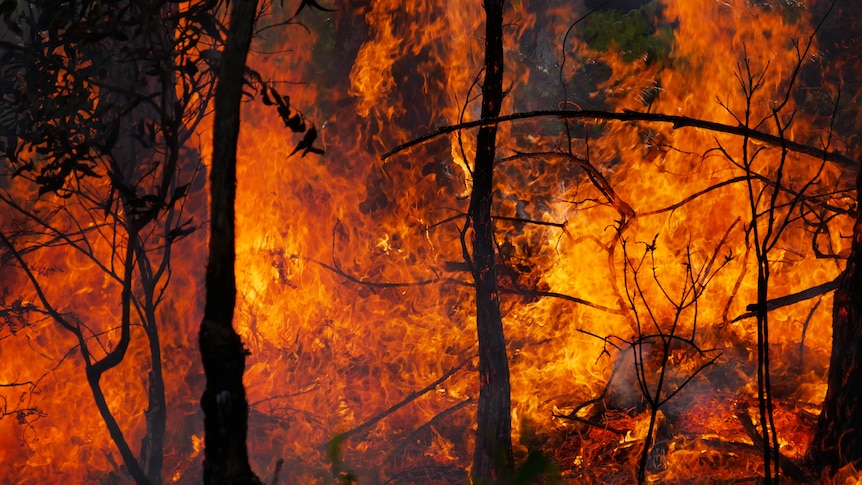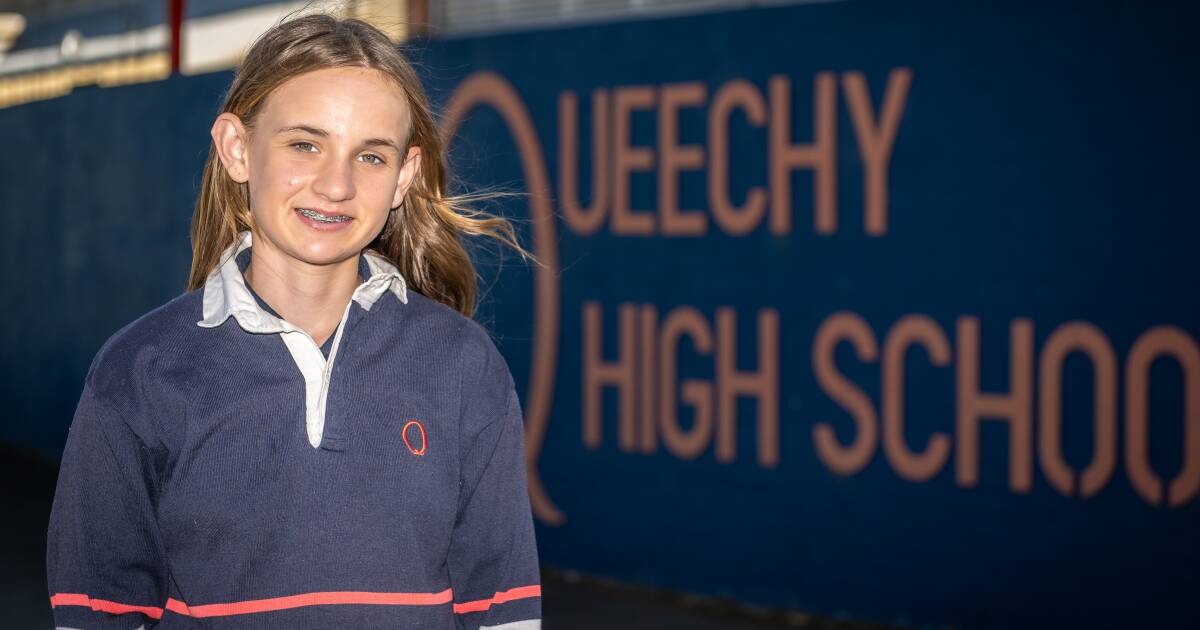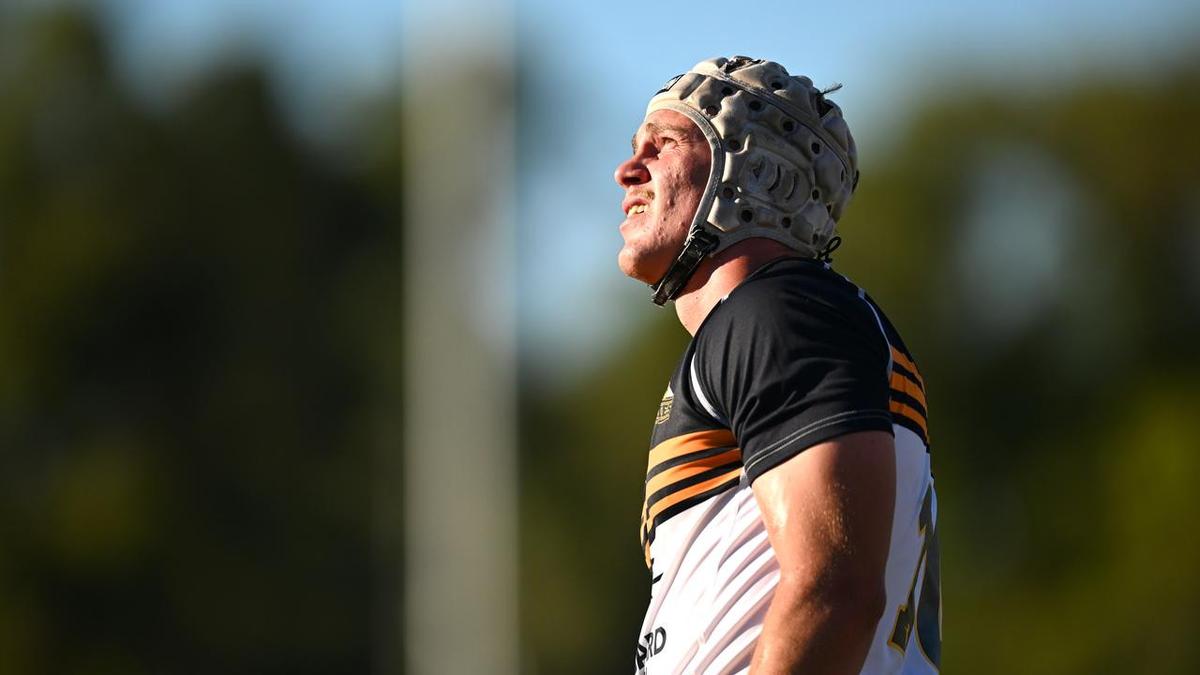
UPDATE: Tasmania has entered a new political landscape following a snap election on November 4, 2023, resulting in a hung parliament. The Liberal Party, led by Premier Jeremy Rockliff, has emerged with 14 seats, surpassing the Labor Party, which secured 9 seats. However, neither party has achieved the 18 seats necessary for a majority, leaving critical negotiations ahead.
In a victory speech on Saturday night, Rockliff announced his intention to ask the governor to recommission his government, highlighting a 3% swing toward the Liberals. Meanwhile, Labor leader Dean Winter has not conceded defeat, indicating that his party’s 26% primary vote—its lowest in Tasmanian history—does not rule out potential governance options if the Liberals struggle to form a stable government.
“We need to figure this out,” Winter stated, emphasizing that “another election is not an option.” The political stalemate raises significant questions about the future of governance in Tasmania, as the Greens have retained at least five seats and the presence of three independents adds another layer of complexity.
Counting for four undecided seats may extend for weeks, prolonging the uncertainty. Among the independents, Krisite Johnston and Craig Garland—both of whom supported a no-confidence motion against Rockliff—are back in parliament. Johnston has signaled a desire for collaboration, stating, “They need to negotiate and respect the views of parliament.”
The newly elected independent Peter George, known for his anti-salmon activism, has also joined the mix, while Greens leader Rosalie Woodruff has called for a conversation with Labor about a possible alliance. However, Winter has repeatedly dismissed any suggestion of trading Labor’s values for a deal with the Greens.
This political impasse comes just 16 months after the last election, which raises significant implications for legislative matters, including the approval process for a $945 million stadium in Hobart—an essential condition for Tasmania’s AFL license. While both the Liberals and Labor support the project, it faces strong opposition from the Greens, independents, and anti-salmon activists.
As Tasmania navigates this uncertain political terrain, all eyes will be on how the Liberals and their potential allies strategize to form a government. The next steps are crucial not just for the parliament but for the future of major projects and policies affecting Tasmanians.
Stay tuned for updates as this story develops.






